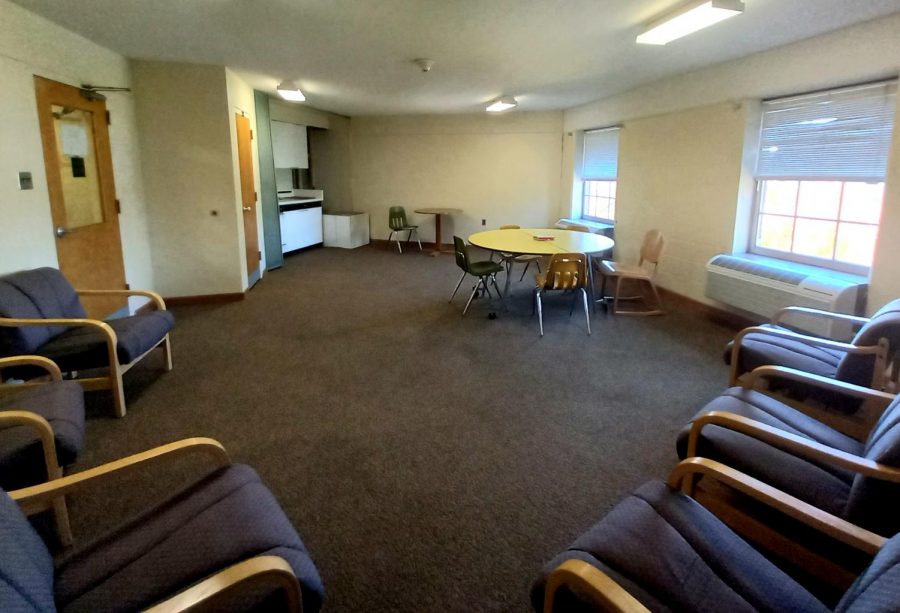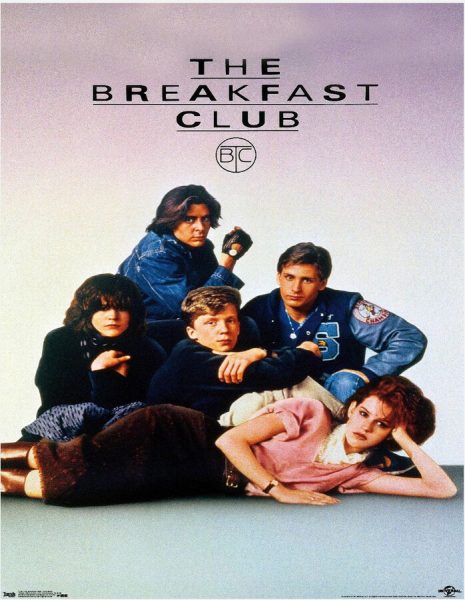How to Prepare for Final Exams
Exams are coming up here on the Hilltop starting on Dec. 4 and ending on Dec. 10. Studying for exams can be stressful and overwhelming, but students can take measures to make exam prep more manageable. To prepare for finals it helps to make a list of topics and questions you need to study. Also, make sure to incorporate exam prep into your schedule by setting aside designated study times.
If you are new to this, schedule times to study for each topic and class. I have a bad habit of not looking at notes in a planner. If you look at your phone more, download a scheduling app and create timers. I suggest writing down everything you need to do and how many hours you’re gonna work on it a day in your notes, take a screenshot, and make that screenshot your lock screen. You have no excuse if you see your schedule every time you open your phone and check the time. Make sure you don’t over do it. The only way not to is to schedule as soon as possible and keep a healthy sleep routine.
If you have questions about anything about your final assignments make sure you reach out to your teachers. Email, phone, and office hours are available on every class syllabus. If it’s an essay, you can go to WLU Robinson Writing Center, to get a second pair of eyes. Face-to-face consultations will be in L14 of the Elbin Library. Online consultations will be on their website. If you sign up for an online appointment, you will then need to log back into the website 5 to 10 minutes before your scheduled time. Open your appointment form by clicking on the yellow square, then click “Start or Join Online Consultation.”
You can also make a study group if you work better with others. It’s better to study with someone in the class. If you’re more introverted like me then you can get a family member to read out flashcards. Whether you are studying in a group or not, make sure you’re working in a clean and quiet area. Study tool options are Quizlet, Kahoot, flashcards and notes. You can reread notes and highlight parts that are the most important.
Personally, sometimes music helps, but if it starts to distract me I turn it off. Sometimes working on one thing for so long can drain your energy, so switch up assignments when needed. Chewing mint gum can also help your focus. Personally, I can’t chew on gum for that long. I’ve never tried it myself, but another option is putting a stress ball under your desk so you can squish on it while typing and smash it when you get aggravated.
Dr. Susan Ridley, assistant professor of creative arts therapy, said, “I went to Caldwell University, New Jersey in 2017 for an MA in Mental Health Counseling and Art Therapy, Lesley University, Maryland in 2012 for a PhD in Expressive Therapies, and Springfield College, Maryland, 2002 for an MS in Human Services and Organization Management Leadership. What worked for me was scheduling study time, study group, and to do lists. I would recommend students record their voice reading the exam answers, then play back the recording whenever they can including when they are sleeping. Break down the task into smaller pieces (for her students) so they are manageable and set up deadlines to study each section of the test question or paper. Brain maps, writing things down repeatedly reinforces memory, good night sleep before the exam, make sure you eat healthier meals and snacks, practice deep breathing and other stress reducing strategies.”
Remember to stay positive! One thing that drives away motivation is negativity. Think and say positive mantras the day of the test or while you are writing your essay. There is no use worrying if you’ve done all the studying you can.

Haley Blakemore is a Senior in English Literature with a minor in Journalism from Reeader, WV. Blakemore has been on staff for the Trumpet since 2019....







